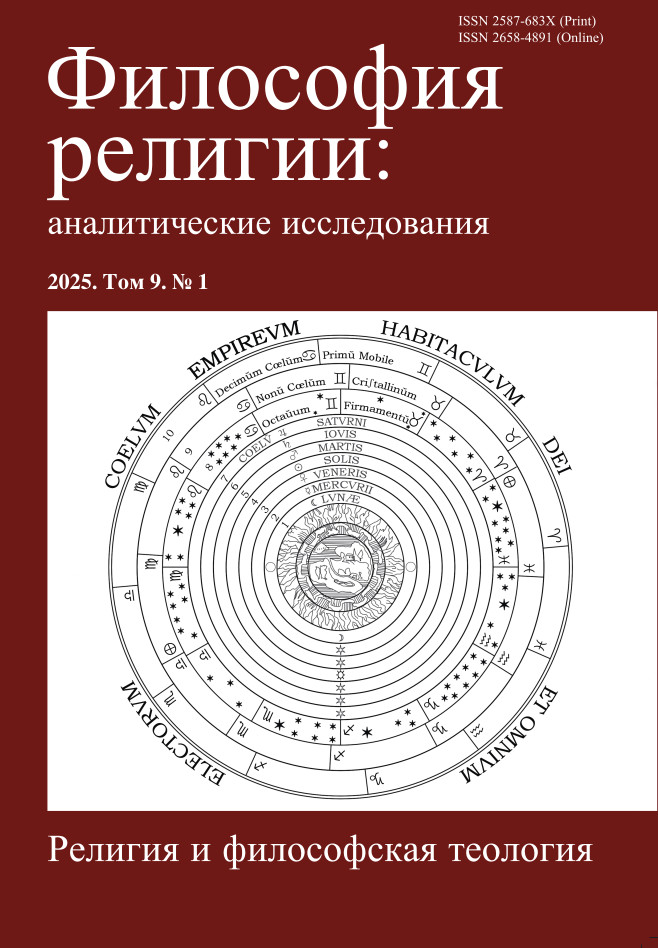Arguments for the Existence of God in Indian Renaissance Thinkers Works
DOI:
https://doi.org/10.21146/Keywords:
Substantiations of the Existence of God, teleological argument, cosmological argument, moral argument, religious argument, Indian philosophy, Swami Vivekananda, Rammohan Roy, Swami Dayananda, Indian RenaissanceAbstract
The article examines the conceptualization and presentation of arguments defending the existence of God in the works of prominent Indian Renaissance thinkers – Rammohan Roy, Swami Dayananda, and Swami Vivekananda. During this period, the concept of God evolved into the universal ideal. The emerging theological discourse was inherently crosscultural, incorporating the task of arguing for God’s existence. Rammohan Roy, regarded as the founder of Hindu reformation, articulates a defense of God’s existence by emphasizing the unity of the divine across all religious traditions. Swami Dayananda, a proponent of Vedic teachings, engages in polemical debates with Indian atheistic schools and representatives of Abrahamic religions to affirm the existence of God. Swami Vivekananda, addressing the Western audience accustomed to the authority of scientific knowledge, seeks to reconcile spiritual and empirical paradigms to demonstrate the existence of God. Applying comparative historical and hermeneutic methods, this study identifies a recurring tendency among these thinkers to employ teleological arguments in their philosophical discourse. The article concludes that, under the influence of the surrounding cultural environment, the works of the neovedantists exhibit correlates of arguments for the existence of God – developed within the European tradition (such as the cosmological, moral, and religious experience arguments) – which vary in their degree of similarity.

 This work is licensed under a
This work is licensed under a 
